-
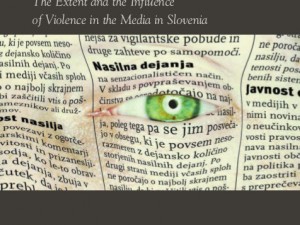
Violence in the Media. The Extent and the Influence of Violence in the Media in Slovenia
"There is a need for a cultural framework, within which the media audience will be able to distinguish between the good and the bad."
-
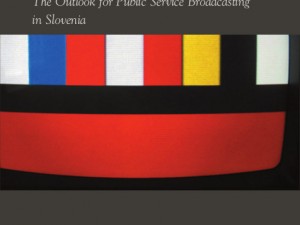
Serving the State or the Public. The Outlook for Public Service Broadcasting in Slovenia
The crisis experienced by public service broadcasters in ex-socialist countries has both systemic and structural reasons.
-
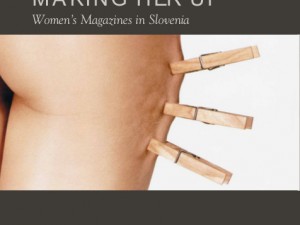
Making Her Up. Women’s Magazines in Slovenia
Jerca Legan, Ksenja H. Vidmar, Majda Hrženjak et al.
In this collection of papers the authors highlight some of the most representative topics dealt with in women’s magazines in Slovenia.
-
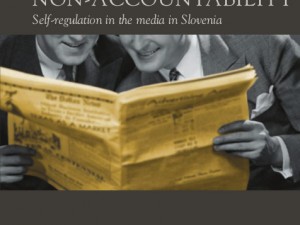
Freedom of Non-Accountability. Self – Regulation in the Media in Slovenia
Transformation of the protection of professional standards into the protection of consumer rights.
-
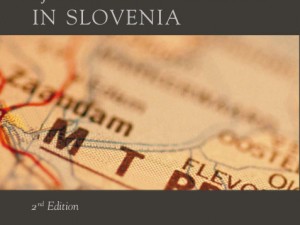
The Rhetoric of Refugees Policies in Slovenia. The Pragmatics of Legitimation
Igor Ž. Žagar, Jef Verschueren, Marjeta Doupona Horvat et al.
"Therefore, we are still (and increasingly so) “we” vs. “others”. Foreigners. And that is the reason why we decided to reprint this book. "
-
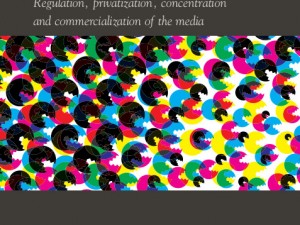
Media Policy in Slovenia in the 1990s. Regulation, Privatization, Concentration and the Media
Marko Milosavljevič, Sandra Bašić-Hrvatin
"the fundamental question posed over the past decade remains unchanged and, more importantly, unanswered. This question is: What kind of the media policy does the state actually support?"
-
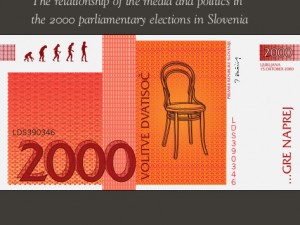
The Victory of the Imaginary Left. The Relationship of the Media and Politics in the 2000 Parliamentary Elections in Slovenia
Breda Luthar, Lenart J. Kučić, Mitja Velikonja et al.
Five essays on the election campaign for the 2000 parliamentary elections in Slovenia.
-
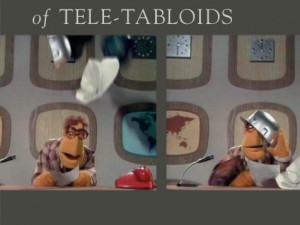
The Politics of Tele-Tabloids
"The transformation of television journalism into popular culture, and the ideological effect of this transformation. "
-
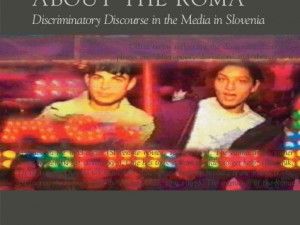
We About the Roma. Discriminatory Discourse in the Media in Slovenia
Barbara Kelbl, Karmen Erjavec, Sandra Bašić-Hrvatin et al.
The media concentrate on particular “negative traits” of the Roma, for example cultural differences, deviation and the apparent threat they pose to the majority population.
-
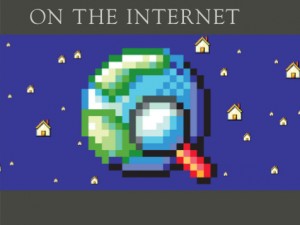
The Slovenian State on the Internet
"The Internet facilitates the creation of images of place that are strategically used to influence perceptions of place."
